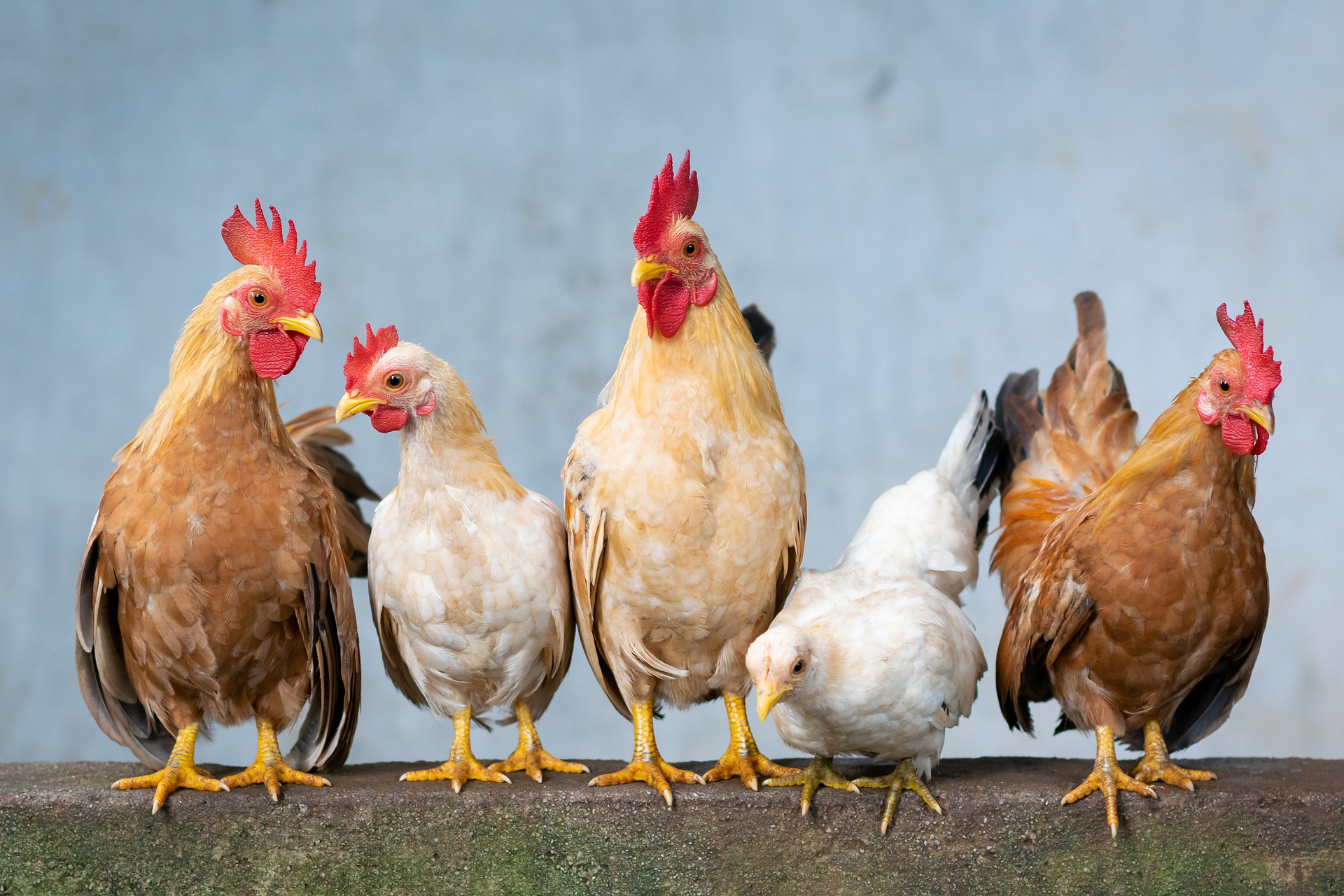
403
Sorry!!
Error! We're sorry, but the page you were looking for doesn't exist.
FDA Clears Lab-Grown Chicken as Safe for Human Consumption
(MENAFN) A company called GOOD Meat has taken a step closer to making lab-grown chicken available in American grocery stores. On Monday, the Food and Drug Administration (FDA) cleared cultured chicken cell material made by GOOD Meat as safe for human consumption. However, the company still needs approval from the Agriculture Department before it can sell the product in the US.
Upside Foods, another company producing lab-grown chicken, already received FDA approval in November. Both GOOD Meat and Upside Foods use cells from chickens to create their products. After extracting the cells, GOOD Meat selects the ones most likely to produce healthy, sustainable, and tasty meat. These cells are then immersed in nutrients inside a tank, where they grow and divide to create the cultured chicken. The chicken can be harvested after four to six weeks.
Despite receiving FDA approval, the lab-grown chicken still faces scrutiny from some critics. It remains to be seen whether the Agriculture Department will grant approval for GOOD Meat to sell its product in the US.
Acclaimed chef José Andrés, who serves on GOOD Meat's board of directors, plans to serve the company's chicken to customers at his Washington, D.C. restaurant if it receives approval. He believes that the future of the planet depends on how people feed themselves and that it is important to explore sustainable ways to eat.
Advocates for lab-grown meat believe that it can help cut back on methane emissions and combat climate change. The Food and Agriculture Organization of the United Nations found that global livestock accounts for nearly 15 percent of greenhouse gases in 2013. By reducing the number of animals needed for meat production, lab-grown meat has the potential to significantly reduce greenhouse gas emissions.
In addition to being more sustainable, lab-grown meat may also be safer than conventionally raised meat. GOOD Meat claims that its cultured chicken has an identical nutritional profile to conventionally raised meat but with less risk of contamination.
GOOD Meat's chicken is already available for sale in Singapore. If approved for sale in the US, it could revolutionize the way people think about meat production and consumption.
Upside Foods, another company producing lab-grown chicken, already received FDA approval in November. Both GOOD Meat and Upside Foods use cells from chickens to create their products. After extracting the cells, GOOD Meat selects the ones most likely to produce healthy, sustainable, and tasty meat. These cells are then immersed in nutrients inside a tank, where they grow and divide to create the cultured chicken. The chicken can be harvested after four to six weeks.
Despite receiving FDA approval, the lab-grown chicken still faces scrutiny from some critics. It remains to be seen whether the Agriculture Department will grant approval for GOOD Meat to sell its product in the US.
Acclaimed chef José Andrés, who serves on GOOD Meat's board of directors, plans to serve the company's chicken to customers at his Washington, D.C. restaurant if it receives approval. He believes that the future of the planet depends on how people feed themselves and that it is important to explore sustainable ways to eat.
Advocates for lab-grown meat believe that it can help cut back on methane emissions and combat climate change. The Food and Agriculture Organization of the United Nations found that global livestock accounts for nearly 15 percent of greenhouse gases in 2013. By reducing the number of animals needed for meat production, lab-grown meat has the potential to significantly reduce greenhouse gas emissions.
In addition to being more sustainable, lab-grown meat may also be safer than conventionally raised meat. GOOD Meat claims that its cultured chicken has an identical nutritional profile to conventionally raised meat but with less risk of contamination.
GOOD Meat's chicken is already available for sale in Singapore. If approved for sale in the US, it could revolutionize the way people think about meat production and consumption.

Legal Disclaimer:
MENAFN provides the
information “as is” without warranty of any kind. We do not accept
any responsibility or liability for the accuracy, content, images,
videos, licenses, completeness, legality, or reliability of the information
contained in this article. If you have any complaints or copyright
issues related to this article, kindly contact the provider above.

















Comments
No comment